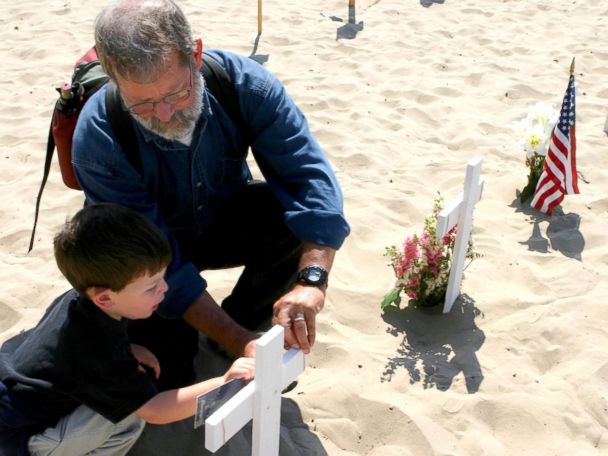Supreme Court Takes on Free Speech Case of Often-Arrested Protester

Ana E. Fuentes/Zuma Press via Newscom
John Dennis Apel says he has a First Amendment right to protest peacefully outside of Vandenberg Air Force Base in California, the site of missile and space launch facilities. In fact, years ago, the base commander designated a protest area near the main gate, just off of public Highway 1.
But in 2010 Apel was arrested for protesting in the designated zone. Federal officials say that because Apel had previously been arrested, in 2003 and 2007, for trespassing and vandalizing property (he threw a vial of blood on a sign) and he has been barred from the base. They say that the protest area is owned by the base and when Apel returned in 2010 to protest he was violating a federal law. The law makes it a misdemeanor to reenter a federal military installation once an individual has been barred. Apel was arrested, and convicted under the law.
Apel appealed his conviction, arguing that he wasn't reentering a federal military installation. He was standing beside a public highway outside of the base that had been designated as a protest area.
READ: Supreme Court May Review Obamcare Contraception Mandate
A federal appeals court reversed the conviction, ruling in favor of Apel. In a one paragraph opinion, the 9th Circuit Court of Appeals said that the federal law cannot be used against Apel because it only applies where the federal government has exclusive possession of the land. In Apel's case, while the stretch of land that comprises the protest zone is owned by the federal government, it allows state and local authorities to use the land for vehicular traffic.
The government is appealing the decision to the Supreme Court, worried that if the lower court decision stands the government will be unable to enforce the federal statute on at least 36 major military bases in the 9th Circuit alone that have similar roadway easements.
In court papers, lawyers for Apel argued that it shouldn't matter that Highway 1 is a public street only by virtue of the easement. They argue that "it is no less a public forum for purposes of the First Amendment," they say.